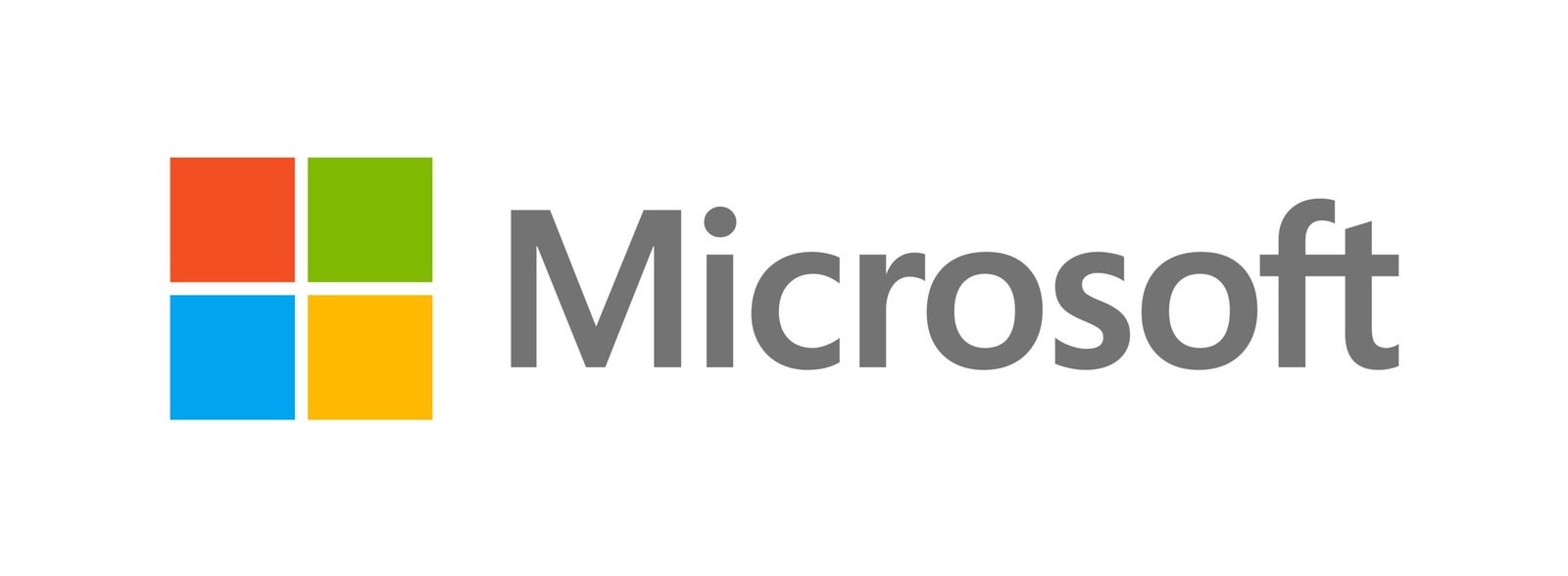What Are Sales Intelligence Tools and How to Use Them for Business Growth
Industry: Sales & Marketing

Sales intelligence tools have become essential for modern businesses looking to improve their sales processes and drive revenue growth. With the power to gather, analyze, and deliver actionable insights, these tools help sales teams target the right leads, personalize outreach, and close deals faster. In this article, we’ll cover what sales intelligence tools are, their key benefits, and how to use them effectively to increase your business’s competitive edge.
What Are Sales Intelligence Tools?
Sales intelligence tools are software platforms designed to collect and analyze data on potential and existing customers. They gather information from various sources, including social media, news outlets, and company websites, giving sales teams an in-depth view of their prospects. These tools deliver real-time insights that help businesses make informed sales decisions, allowing for targeted and personalized outreach efforts.
By understanding prospects better, businesses can create strategies that resonate with potential buyers, making sales intelligence tools invaluable assets for teams focused on lead generation and customer engagement.
Key Benefits of Using Sales Intelligence Tools
1. Improved Lead Generation
Sales intelligence tools help identify high-quality leads by analyzing data on prospect behavior, demographics, and company information. With these insights, sales teams can prioritize leads that are more likely to convert, saving time and resources.
2. Enhanced Personalization
Personalized communication can significantly improve the effectiveness of sales outreach. Sales intelligence tools provide detailed insights about a prospect’s industry, challenges, and business needs, enabling sales reps to tailor their messages. Personalized approaches increase engagement, leading to higher conversion rates and long-term customer relationships.
3. Better Understanding of Market Trends
By analyzing market trends and competitor behavior, sales intelligence tools help businesses stay ahead of industry changes. This information can guide pricing, product development, and marketing strategies, ensuring your business adapts quickly to new trends and customer demands.
4. Efficient Pipeline Management
Sales intelligence tools allow sales teams to track and manage their pipeline more effectively. With real-time data on each lead’s status, sales managers can identify potential bottlenecks and help their teams focus on high-priority deals. This efficient pipeline management ensures faster deal closures and maximizes revenue potential.
5. Increased Forecast Accuracy
Accurate sales forecasting is crucial for strategic planning. Sales intelligence tools analyze historical data and current market conditions to predict future sales performance. With better forecasting, businesses can make informed decisions about staffing, budget allocation, and resource management.


How to Use Sales Intelligence Tools Effectively
1. Identify Your Target Audience
To get the most from sales intelligence tools, start by defining your target audience. Use these tools to gather data on potential customers, focusing on factors such as industry, company size, and geographic location. Once you’ve identified your audience, tailor your messaging to address their specific needs and pain points.
2. Enrich Your CRM Data
Sales intelligence tools integrate seamlessly with CRM platforms, enhancing the data already stored on your leads and customers. By adding details about customer preferences, job titles, and recent activities, these tools help you gain a more comprehensive view of each contact. This enriched data enables your team to engage with prospects more effectively, resulting in improved conversion rates.
3. Leverage Real-Time Alerts
Many sales intelligence tools offer real-time alerts that notify you of any significant developments with your leads or accounts. For example, if a prospect company launches a new product or announces leadership changes, the tool will alert you immediately. By responding quickly to these changes, your sales team can reach out at the right time with relevant messaging.
4. Utilize Data for Competitive Analysis
Sales intelligence tools also provide valuable insights into your competitors’ activities. Analyze data on competitor pricing, customer reviews, and recent campaigns to understand how they position themselves in the market. By identifying gaps in your competitors’ strategies, you can highlight your unique selling points to attract customers more effectively.
5. Optimize Sales Outreach with Predictive Analytics
Predictive analytics is a powerful feature offered by many sales intelligence tools. This technology uses past data to forecast future behaviors, enabling your team to predict which leads are most likely to convert. By focusing your efforts on these high-potential leads, your team can increase productivity and generate more sales in less time.
6. Monitor Key Performance Metrics
To measure the effectiveness of your sales intelligence tool, track key performance indicators (KPIs) such as conversion rates, sales cycle length, and customer acquisition cost. Analyzing these metrics helps you understand how well the tool supports your sales efforts and allows for continuous improvement in your approach.
7. Train Your Sales Team
Ensure that your sales team is well-trained in using sales intelligence tools. Provide comprehensive training on the tool’s features and emphasize how each feature can aid in their daily tasks. The more familiar your team is with the tool, the more likely they are to leverage it effectively, resulting in better overall performance.
Top Sales Intelligence Tools to Consider
Several sales intelligence tools have gained popularity for their advanced features and user-friendly interfaces. Here are a few top options:
1. LinkedIn Sales Navigator
- Specialty: This tool leverages LinkedIn’s vast professional network for lead discovery and management, offering advanced search filters for targeted outreach.
- Key Features: InMail messaging, real-time sales updates, and integration with CRM systems enhance its utility for sales teams.
2. ZoomInfo
- Specialty: Known for its extensive B2B contact database, ZoomInfo provides verified contact and company details that accelerate lead generation.
- Key Features: Advanced search capabilities, buyer intent data, and robust integration with various CRM platforms streamline the sales process.
3. Apollo.io
- Specialty: Apollo.io combines a comprehensive database of contacts with powerful engagement tools, enabling users to find leads and manage outreach effectively.
- Key Features: It offers features like email tracking, automated sequences, and analytics to optimize sales strategies.
4. Clay
- Specialty: Clay is an AI-powered sales tool focused on data enrichment and automating personalized outreach, making it ideal for scaling sales efforts.
- Key Features: It integrates over 75 data sources for lead information, automates repetitive tasks, and utilizes AI to craft personalized messages based on enriched data.
5. 6sense
- Specialty: This platform employs AI and big data to predict buying behavior, helping sales teams identify high-value accounts for targeted outreach.
- Key Features: Predictive analytics, buyer intent data, and a comprehensive integration ecosystem support effective account-based marketing strategies.
These tools provide a range of functionalities tailored to enhance the efficiency of sales processes, from lead generation to customer engagement.
Conclusion
Sales intelligence tools are essential assets for businesses looking to optimize their sales processes and drive revenue growth. By improving lead generation, enhancing personalization, and providing insights into market trends, these tools empower sales teams to make informed decisions. To maximize the benefits, identify your target audience, enrich your CRM data, and train your sales team to leverage the tool’s capabilities.
Implementing sales intelligence tools effectively can give your business a competitive edge, helping you close deals faster and build lasting customer relationships.
The technology that we use to support you
Ready to reduce your technology cost?
See More Blogs
Partner with Us for Comprehensive IT
Call us at: 700-880-7871
- Client-oriented
- Independent
- Competent
- Results-driven
- Problem-solving
- Transparent











